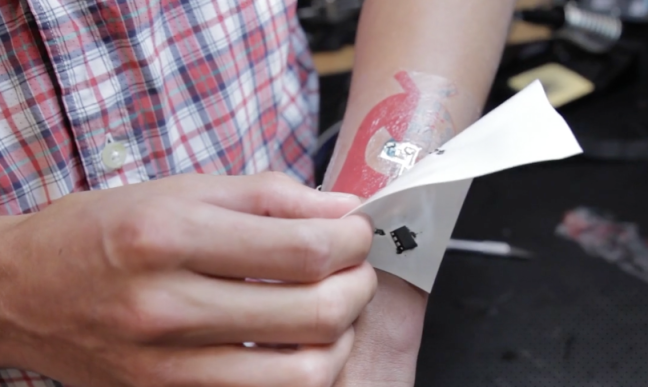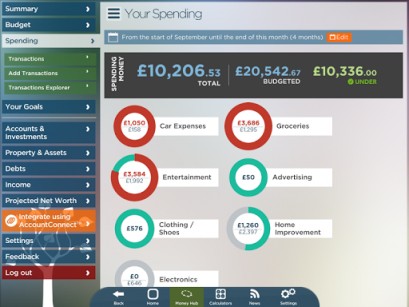We already use our smartphones in lots of useful ways to fuel our shopping habits. Millions of us use them to search for information on products and to to compare prices online, even when in a physical retail store. But still, only very few of us actually use our phones to make the final purchase.
Of all sales made online in the US and Europe, only 10% are made by smartphone in the US, whilst the figure is even lower in Europe at 7%, according the to the Centre for Retail Research. Further, more than 90% of us abandon our shopping baskets when making purchases on a phone compared to 68% when making them on a desktop or laptop computer.
Why so? Generally, feedback from shoppers focuses on a poor user experience, such as a website not being optimised for a mobile phone or it being problematic to enter credit card details into a small screen with small keys. But there are many companies trying to solve this problem for us.
Amazon introduced millions to the ‘1-click’ purchase where you buy an item with one click of a button because your payment details and delivery address are already stored with the company. But what if Amazon’s enormous marketplace doesn’t have your desired item?
Launching internationally very soon is Zen Shopping, an app that offers one-tap checkout at more than 100,000 stores – including Amazon and Walmart – and claims the biggest inventory of goods in the world.
Digital ‘wallets’ are also being used in increasing numbers. The likes of Apple Pay and Google Wallet store payment cards, loyalty cards, and even vouchers but not all retailers accept them. Understanding if they are set for mainstream success is thus hard to gauge.
Perhaps the answer is Dashlane, a service that manages all your passwords, credit and debit card numbers, phone numbers, billing and delivery addresses in one encrypted app. The app has the considerable advantage of working with all payment methods and all retail websites.
As for shopping in the physical world, you might come across the system from British firm Powa Technologies that allows shoppers to pay for goods quickly in-store and online using their smartphones.
The PowaTag system relies on digital tags, like QR codes, that can be inserted into emails, websites, posters, images – even the audio from TV ads. Shoppers download the app, set up an account and store their payment cards. Then wherever they see the PowaTag symbol they can buy the product by scanning it with their phone and tapping the “buy now” button.
Perhaps though, after all those options, you might just prefer to wander the high street? Not me, I’ve purchased every single one of my Christmas presents online for the last few years and increasingly on my smartphone whilst couched on the sofa!
Let us know if you’ve seen any particularly beneficial ways of using technology to manage your Christmas shopping.





